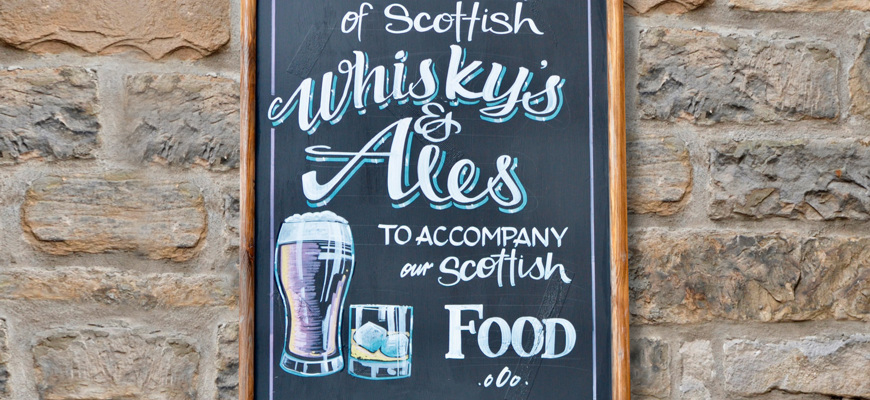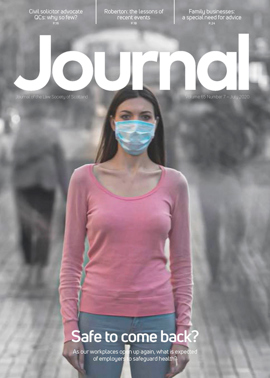Farewell, JLSS

I genuinely can’t remember how long ago I started writing the licensing column for the Journal. I moved firms in 2001, and it was certainly before that. The other day I realised with a start that over six years have passed since I retired from practice. My justification in continuing was my involvement with Fife Licensed Trade Association, latterly as secretary, which maintained a direct link with the trade, many of them past clients. As I have relinquished that as well, the time has come to divert the keyboard to the many other projects which I have.
I thank the Editor for the opportunity for a brief chance to reminisce. My first appearance at a licensing board came the year after the 1976 Act came into force. As an apprentice I was sent to the Edinburgh board, with about 400 people crammed into a room designed for half that number. It was also the first time I had ever had to use a microphone, part of a decrepit sound system which meant your own words came back to you a second or so later. The word terrifying doesn’t begin to do justice to the experience.
Back in the day
The licensed trade then bore no resemblance to that of 2005. You knew exactly what a pub was and what you would get. They closed in the afternoons. With a very few exceptions, food was a pie or, in exotic places, a bridie. Despite extensive research I never did find the byelaw which decreed that these had to be three days old before they could be sold, two of those having been spent in a lukewarm cabinet. There had always been genuine hotels, but so many of the establishments holding hotel licences were there simply to enjoy that prized asset – Sunday opening.
Pubs themselves were allowed for the first time to apply for extended hours. This more than anything emphasised the patchwork quilt nature of licensing in Scotland. Some boards embraced this enthusiastically. Those patrons who were accustomed to leave premises only when the bell for last orders had sounded were discomfited to realise that this might be seven hours hence. And afternoon opening? In some areas this would only be permitted if you could persuade board members of a tourism benefit. As a solicitor with a significant client base in Lochgelly and Cowdenbeath this was a challenge.
The numbers of new licensed premises soared. In the 1950s and 60s, the licensed trade was a lucrative one and not unduly arduous. As a publican your premises could open for a maximum of 51 hours per week, and your clientele was relatively easy to please. Greater affluence and foreign travel changed public expectations. The fear of losing out to the competition led licensees to seek ever longer hours.
In many ways of course, competition is not unhealthy. Standards rose, and food became an important part of any licensed offering. Children’s certificates were a game changer, fulfilling at last Christopher Clayson’s aim of demystifying licensed premises and making them more child friendly. It is unfortunate that some licensing boards used the 2005 Act to set this back in some areas.
Art of persuasion
The era of the lawyer as general practitioner was coming to a close. The notion that if you did the occasional stint at the sheriff court you would be a good licensing lawyer persisted for a while, but the more canny board practitioners realised early on that it’s much more akin to public speaking. Quoting case law or the like was generally seen as an acknowledgment of a weak case, and instructing counsel meant you knew you had no chance and were looking for someone else to blame.
The majority of my columns have probably been on the subject of reform. The need for it; its genesis and inception; its flaws. Sad to say, one thing has been a constant, namely woeful failure on behalf of Governments, both in London and Edinburgh, adequately to listen to, and provide consistency for, one of the most important sectors in our economy.







